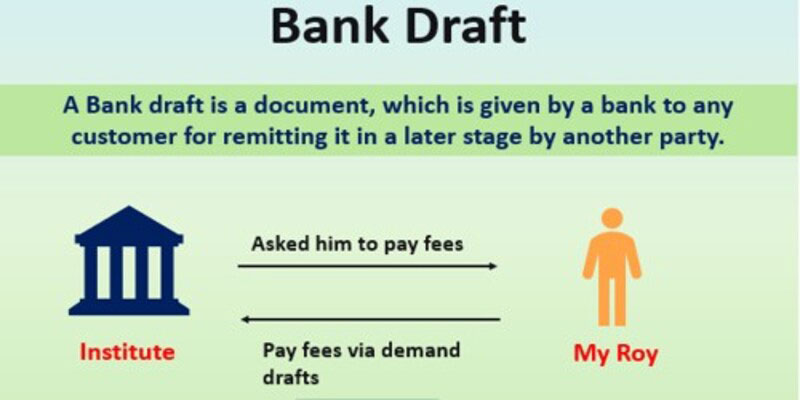Initial funding for a business, sometimes known as "startup capital," is used to cover the costs of getting the company off the ground. To attract investors and get initial funding, would-be entrepreneurs need to pitch a clear business plan or demonstrate the viability of their concept with a working prototype.
Capital for a new business endeavor can come from various sources, including venture capitalists, angel investors, banks, and other financial organizations, and is often a sizable quantity of money intended to cover the startup expenses of anything from merchandise and to license to rent and payroll.
When And How To Use Seed Money for a Startup

Startups are new businesses still in the early stages of creation. The primary motivation for forming such companies is to create and commercialize a new product or service. Fundraising is a crucial initial step for any new company.
The term "startup capital" is commonly used to refer to this type of funding. Entrepreneurs utilize startup cash to cover the costs of launching a new venture. All of the expenses associated with starting a business must be protected, whether for new hiring, renting office space, creating and selling a product, or for any other reason.
Getting a new firm off the ground sometimes requires more than one round of startup capital financing. Most new businesses rely on funding from seasoned investors like venture capitalists and angel investors. Financial organizations such as banks are another option for those seeking startup money.
Varieties of Seed Money for Businesses
The conventional method of financing a new venture is through bank business loans. The major negative is that the entrepreneur will have to start paying back the principal and interest on the loan before the business has even begun to profit. One option is to seek venture money from a single investor or a consortium of investors.
The successful candidate often gives up some of the company's equity for financial backing. The venture capitalist and entrepreneur agreement specifies the terms under which the investors will get their returns in the event of specific outcomes.
Angel investors actively advise and mentor startups; they are a type of venture capitalist. They have usually experienced businesspeople who have decided to invest part of their wealth in new firms to help guide their management teams to success.
Seed Money vs. Venture Capital

Seed money and startup money are often used interchangeably. They're not quite the same, despite their similarities at first glance. As was previously noted, seasoned investors are typically the source of funding for new ventures. So, seed capital, or seed money as it is often known, is generally a smaller amount of funding. Funding of this kind typically allows the founder(s) to develop a business plan or prototype that piques the interest of potential venture capital investors.
Both Pros and Cons of Crowdfunding for a Startup
Several of today's most successful online firms would only exist with the backing of venture investors. Venture money helped launch well-known brands like Google1, Meta2, and DropBox. Microsoft bought GitHub, Cisco bought AppDynamics, and Meta bought Instagram and WhatsApp, all of which were startups supported by venture money.
The business of financing new businesses, however, has its risks. Investors want to see concepts become successful businesses that pay off well for their backing. In many cases, they don't, and the investor loses everything.
Research conducted in 2011 by Harvard Business School found that between 30 and 40 percent of all profitable new businesses fail. 8 The few firms that manage to stick around and expand often go public or sell themselves to a larger one.
Both of these outcomes are considered good exits from the business from the venture capitalist's perspective. This is only sometimes the case.
Sometimes companies receive buyout offers that are lower than the amount of venture capital they've already spent, or an initial public offering (IPO) fails to attract investors. The stock never recovers to its predicted value. The returns for the investors are low in these situations.
Should I Invest Money Into A Startup?
Rent, equipment, new product development, advertising, and customer acquisition require money. With the help of startup financing, you can get your firm off the ground and cover your expenses until you begin to make a profit. This must be balanced, especially for enterprises with higher running costs or those requiring expensive specialist machinery.
How To Raise Money For A Company
A well-thought-out plan and sufficient funds are necessary for investing in a business with any degree of success. You may start seeking startup money when you have determined your anticipated expenditures and developed a budget. If you want to "bootstrap" your firm, you'll use money from your savings.
A bank may also be approached for a small business loan, with many of these loans guaranteed by the SBA (SBA). You may need to demonstrate your creditworthiness to be approved for these loans.




